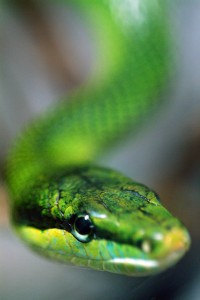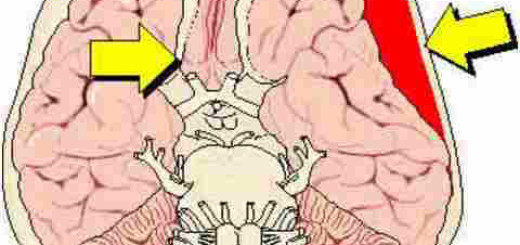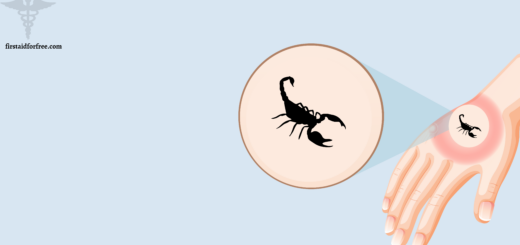The correct first aid treatment for a snake bite
In this post we discuss the correct first aid treatment of snake bites.
The risk of snake bites
Risks to agricultural and remote workers are relatively high. That having been said only certain snakes have venomous bites, and of those only a few have actually been know to have caused death.
Snakes by their very nature are predators and prey on small mammals and other pests. Simple precautions when in the field can alleviate problems before they arise.
Most snake bites occur below or around the ankle, therefore good quality strong boots should be worn. Common sense should prevail and the avoidance of snakes given priority.
The adage “look before you leap” is entirely appropriate when discussing snakes. Avoid poking around in dark holes and be aware snakes like to sunbathe on paths and concrete particularly in the late evening where residual heat is present.
In summary the snake is often more frightened of you than you are of it, give it a wide berth and allow to go about its business!
First aid treatment for a bite
- Stay calm, put the casualty immediately at rest. Do not allow walking or moving around.
- Explain and reassure that very few people die from snakebites and most recover with little or no treatment at all.
- Apply a pressure bandage to the whole limb. Keep the limb still, work from the bite site up the limb. If no crepe bandages are available then use strips of cloth or clothing. As venom is transmitted by lymphatic systems this will decrease the likelihood of venom entering the blood stream.
- Splint the limb as you would for a break.
- Remove to the medical facility as a stretcher case, preferably notifying the clinic beforehand
- Try and identify the snake! This will help medical staff decide on any antidotes
Do not under any circumstances, suck the wound, open the wound by cutting, or use any form of tourniquet. All these practices are detrimental to the patient.






Very helpful. Thank you 🙂
thank you